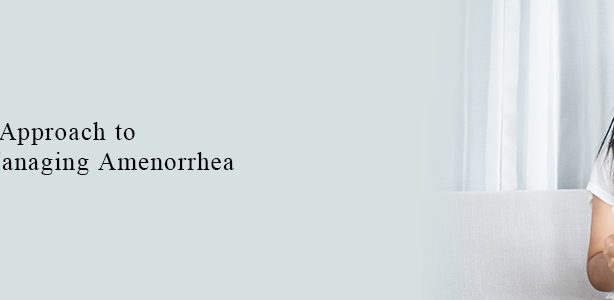Ayurveda is a system of medicine based on the premise that every human body is made up of a combination of the three doshas in different ratios – Vata, Pitta, and Kapha. An imbalance of these causes diseases. Varicose veins are caused by an imbalance of the dosha ‘Vata.’ Varicose translates to ‘swollen’ and is a condition affecting the legs. The blood vessels in the legs become too weak to pump the deoxygenated blood back to the heart, resulting in the dilation of the veins. In Ayurveda, varicose veins are referred to as Siraja Granthi.
The common symptoms of varicose veins include discolored and bulging veins in the legs, numbness, and fatigue. It is usually found in people who stand for a long time – inside the house as part of cooking, in professions like teaching, people who consistently lift heavy weights, etc. There is no complete cure for varicose veins, but the sooner it is diagnosed, the better it can be addressed and arrested
Ayurveda has different forms of treatment for varicose veins. The ancient system of medicine goes for a holistic approach towards health – combining physical, mental, and spiritual well-being. Thus, the treatment could involve diet changes, medication, massage, and in some cases, leech therapy.
Diet Changes
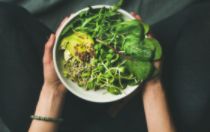
Food is medicine, according to Ayurveda, and consuming the right foods and avoiding problematic foods can help reverse, remove or reduce your ailments to a very great extent. Those affected by varicose veins are advised to avoid fried and sugary foods, carbohydrates, and spicy and sour foods. Since Vitamin K is beneficial for easing varicose veins, patients should consume foods rich in nutrients, like leafy vegetables, nuts, and fibre-rich foods. Vitamin C helps in reducing inflammation, and thus citrus fruits and peppers are also recommended. Garlic is also said to have blood-thinning properties. All these foods improve circulation as well.
Medication
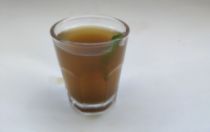
The patient would be administered ‘kashayas’ containing herbs with anti-inflammatory properties like Eranda, Guduchi, and Punarnava, and blood purifiers like Sariva, Manjista, and Mandookaparni.
Massage
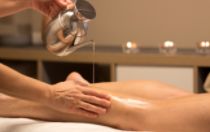
Abhyanga, which is a full-body massage with herb-infused oils, has been shown to reduce the body’s blood pressure. This, in turn, reduces varicose veins. Regular massage also eases the swelling and pain associated with varicose veins. Ayurveda also advocates the regular practice of yoga which not only improves circulation but prevents varicose veins.
Leech Therapy
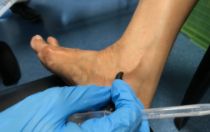
Leech therapy might sound bizarre, but the procedure has been found to be beneficial for varicose veins. This should be tried only with the help of an authorized Ayurveda practitioner. As part of the process, a leech is made to bite the affected part and suck the blood for a specified amount of time. The timing is crucial, and the leech should not be allowed to remain beyond the time. The bite will be painless, and also leech saliva is believed to have blood-thinning properties. Even after the leech is removed, there might be bleeding for a while, but this is harmless, and by the end of the procedure, the patient would experience significant relief in the affected area.



